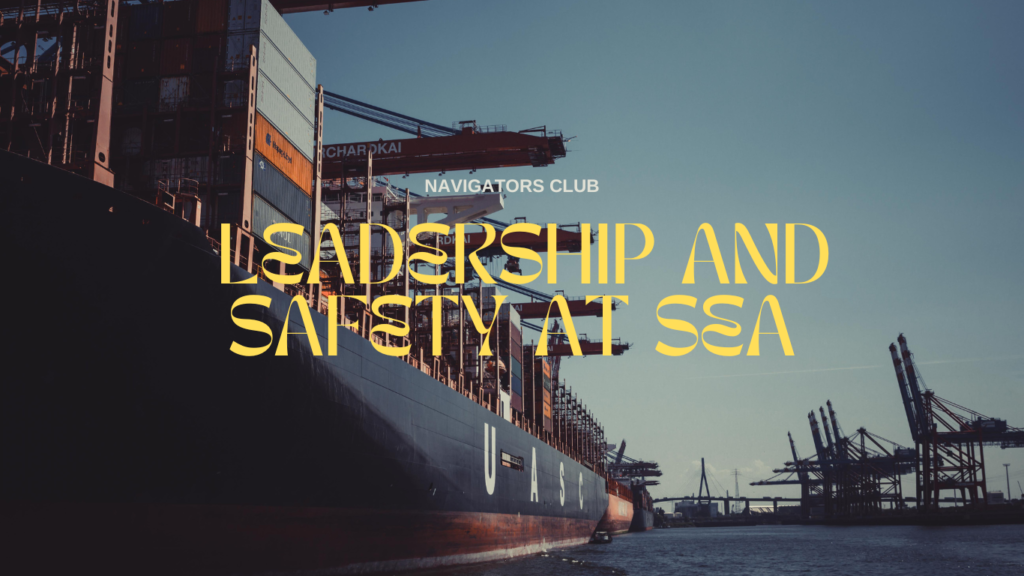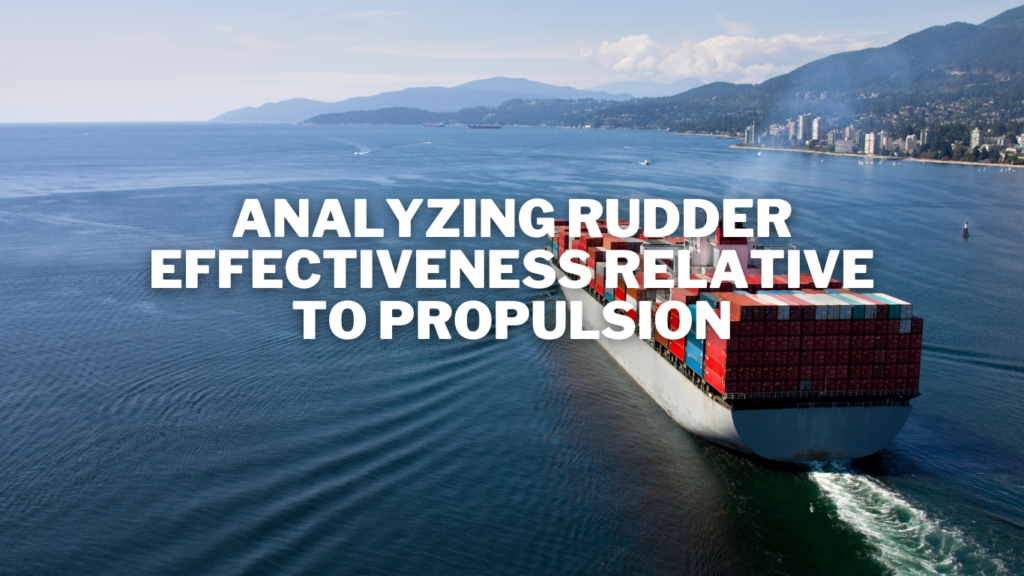Rank and Rigor at Sea: Ratings vs. Officers’ Lives

In the hierarchical world of maritime professions, the distinction between ratings and officers is not merely one of rank, but also of lifestyle, responsibilities, and privileges. The division transcends the uniform, reflecting deeper issues of authority, accountability, and the operational dynamics aboard a vessel. Examining the day-to-day realities of these roles provides critical insights into the naval and merchant marine sectors, shedding light on the challenges and rigors faced by seafarers depending on their rank.
The Stark Divide: Ratings vs. Officers
The differentiation between ratings and officers aboard a ship is pronounced, impacting nearly every aspect of life at sea. Ratings, who perform the hands-on tasks, often work under strenuous conditions with less autonomy, facing long hours and physically demanding duties that are crucial for the smooth operation of the ship. In contrast, officers hold managerial positions, tasked with navigation, strategizing, and overall ship management. This divide is not just about workload but also extends to living conditions, where officers generally benefit from more spacious and private accommodations, underscoring a built-in disparity between the two classes.
Officers are not only afforded better living conditions but also enjoy higher status and authority onboard. This distinction in authority can lead to a perceptible gap in mutual understanding and respect between the two groups. The officers’ decisions directly affect the ratings, yet they might not fully grasp the physical and mental toll of the tasks they oversee. This scenario often breeds resentment and can affect crew cohesion, which is essential for the safety and efficiency of ship operations.
The disparity extends into career progression and educational opportunities. Officers usually have higher educational qualifications and receive more training opportunities, which are critical for career advancement in maritime operations. Ratings, on the other hand, while they can rise through the ranks, often face more significant hurdles in achieving officer status. This systemic barrier perpetuates the divide, making it difficult for ratings to transition into roles that offer more authority and better conditions.
Authority and Accountability at Sea
Authority at sea is clearly delineated, with officers holding substantial control over ship operations and the welfare of the crew. This structured chain of command is essential for maintaining discipline and order on board. Officers are trained to handle complex navigational and operational decisions, making them pivotal to the safety and success of maritime missions. However, with great power comes great responsibility, and officers are consequently held to higher standards of accountability. Any error in judgment or failure in leadership can have dire consequences, both legally and operationally.
Accountability mechanisms are in place to ensure that officers uphold their duties ethically and efficiently. However, the ratings, who execute the bulk of the physical work, often lack the authority to challenge decisions or provide input that could enhance operational safety and efficiency. This can lead to a disconnect where valuable ground-level insights are overlooked, potentially compromising the vessel’s operations and the crew’s safety. It is crucial for the maritime industry to foster a culture where the voices of ratings are heard and considered in the decision-making process.
The accountability of ratings, on the other hand, is more direct and often harsher. They are responsible for executing orders and maintaining the vessel, with little room for error. Failure to perform tasks correctly can lead to immediate disciplinary actions. Unlike officers, who may have more opportunities to defend their actions, ratings typically face quicker repercussions, emphasizing an imbalance in the justice meted out at sea. This striking contrast in how accountability is enforced underscores the need for a more equitable approach in managing maritime personnel.
The divide between ratings and officers at sea is a complex layer of maritime operation that goes beyond mere job functions to influence the broader aspects of life and work on a ship. While the hierarchical structure is necessary for maintaining order and safety, it also fosters disparities in authority, living conditions, and career advancement opportunities. Addressing these issues requires a comprehensive reevaluation of maritime policies to ensure a more balanced and fair working environment for all seafarers. Bridging this gap is essential not only for improving the lives of maritime personnel but also for enhancing the overall efficacy and safety of maritime operations.







Responses